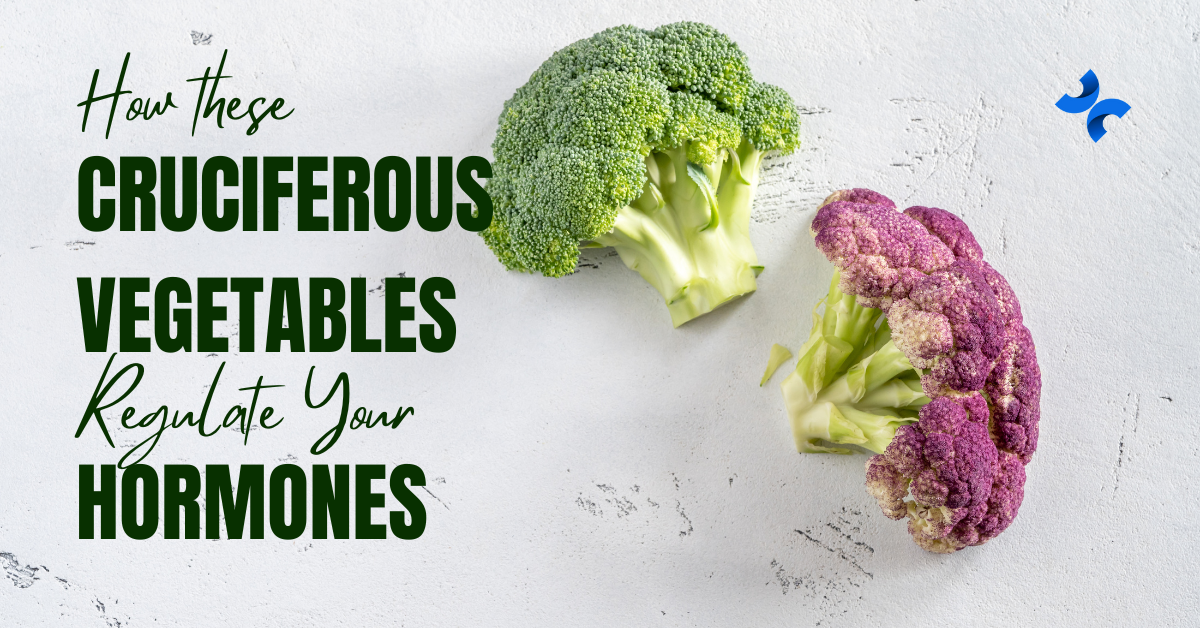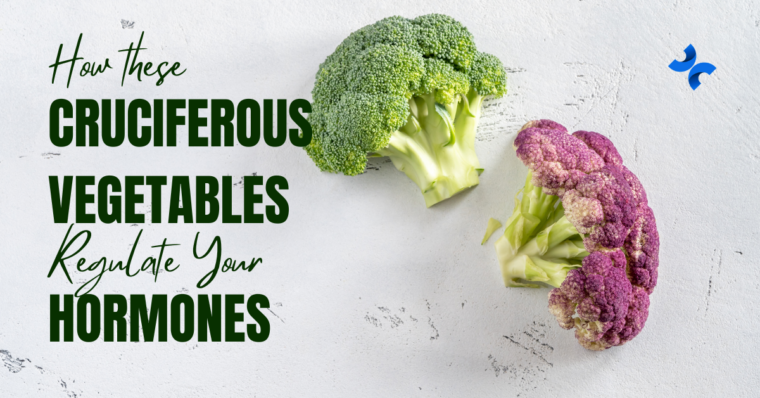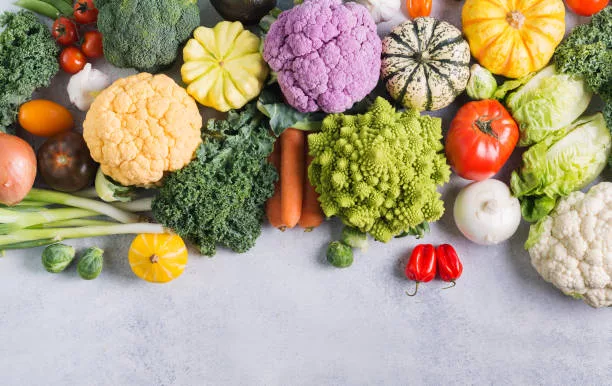An Essential Diet for Health
Hello! Today, I want to talk with you about a healthy diet. Are there any of you who have been feeling a bit sluggish lately? I’ve had many days like that, and while searching for a healthy diet, I became fascinated by the charm of cruciferous vegetables! I’d like to share their secrets with you. So, let’s learn together!
What are Cruciferous Vegetables?
Cruciferous vegetables, also known as the family Cruciferae or Brassicaceae, refer to a group of plants that primarily grow in warm and temperate climates. Their name comes from the characteristic cross-shaped arrangement of their flowers. Representative examples include cabbage, broccoli, cauliflower, and radishes. These vegetables play a crucial role in meals as they are rich in vitamins, minerals, and fiber, contributing to health maintenance. In particular, they contain antioxidants that help boost immunity and prevent various diseases.
Types and Characteristics of Cruciferous Vegetables
Cruciferous vegetables can be broadly divided into two groups: leafy greens and flower vegetables. Leafy greens include cabbage, spinach, and radishes, which are rich in vitamins K and C. Flower vegetables include broccoli, cauliflower, and asparagus, which are high in antioxidants like polyphenols. Each vegetable has its unique taste and texture, and they can be used in various cooking methods. Due to their health benefits, cruciferous vegetables can easily be found in diets.
Key Nutrients and Health Benefits
Cruciferous vegetables contain a variety of nutrients that positively impact health. Vitamins C and K are essential for boosting immunity and bone health, while fiber aids digestion and promotes a feeling of fullness. Additionally, these vegetables include the antioxidant glucosinolates, which help prevent cell damage and reduce inflammation. Regular consumption is effective for cardiovascular health and weight management, contributing to overall well-being.
Impact of Cruciferous Vegetables on Cancer Prevention
One of the significant features of cruciferous vegetables is their anti-cancer effects. Particularly, vegetables like broccoli contain glucosinolates that inhibit the formation of carcinogens through antioxidant actions in the body. Research shows that people who regularly consume these vegetables may have a reduced risk of certain cancers, such as colorectal and breast cancer. Therefore, including cruciferous vegetables in your diet can be an important method for cancer prevention.
Reasons for Aiding Digestion and Boosting Immunity
Cruciferous vegetables positively affect the digestive system due to their high fiber content. Fiber promotes the growth of beneficial bacteria in the intestines and helps prevent constipation. Moreover, their vitamin C and various minerals contribute to strengthening the immune system. These vegetables have antioxidant properties that help reduce inflammation in the body, making them essential for maintaining overall health.
How to Easily Include Them in Your Daily Diet
To easily incorporate cruciferous vegetables into your daily diet, it’s beneficial to utilize various cooking methods. Consuming them in salads or adding them to smoothies can be effective. Additionally, simple stir-fry recipes allow for quick and easy meals. Regularly including these vegetables in your meals can provide numerous health benefits, so try to pursue variety by using them in different dishes every day.
Cooking Methods and Storage Tips
Cruciferous vegetables can be prepared in various ways, with steaming or stir-frying being effective for preserving nutrients. For example, lightly blanching broccoli before steaming can make it softer and tastier. When storing, it’s best to keep them in airtight containers in the refrigerator to maintain freshness. Also, consume them as soon as possible, and freezing can be a good option for long-term storage.
Precautions and Side Effects When Consuming Cruciferous Vegetables
While cruciferous vegetables are beneficial for health, certain individuals should be cautious. For instance, those with thyroid issues may find that cruciferous vegetables can affect iodine absorption. Additionally, excessive consumption may cause gas, which can disrupt digestion. Therefore, it’s advisable to start with small amounts when trying them for the first time and gradually increase the intake. It’s important to adjust the quantity based on individual health conditions.










Leave a Reply